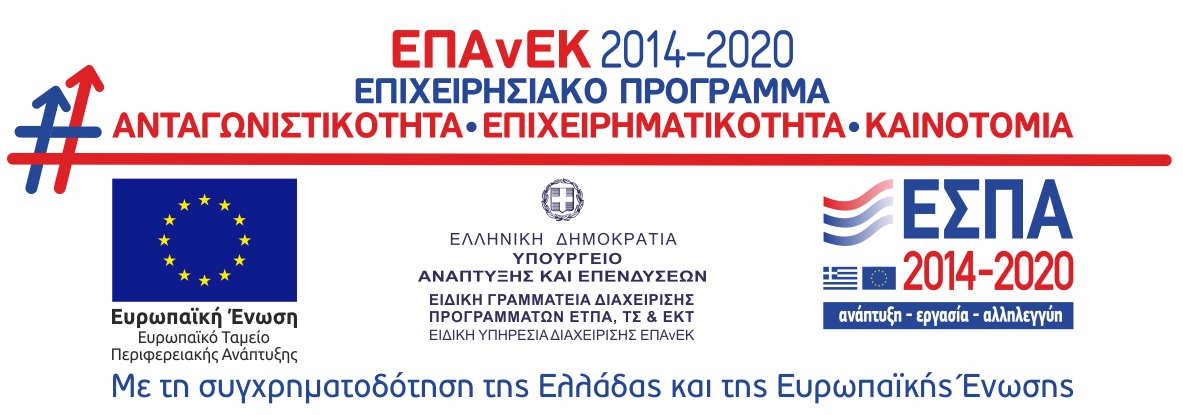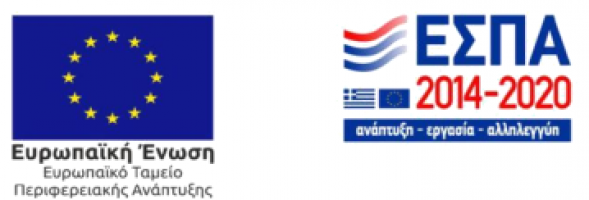
ΕΡΕΥΝΗΤΙΚΟ ΠΡΟΓΡΑΜΜΑ
"Ανάπτυξη και εμπορική αξιοποίηση προτύπου μικροβιο-γενετικού τεστ στην εξωσωματική γονιμοποίηση"
Η Μονάδα ΑΚΕΣΩ πρωτοπορεί στην έρευνα και ανάπτυξη νέων εξελιγμένων μεθοδολογιών αιχμής και την άμεση εφαρμογή τους στην κλινική πράξη ώστε να εξασφαλίσει τα βέλτιστα δυνατά αποτελέσματα για κάθε ζευγάρι. Το Ερευνητικό Πρόγραμμα Mi-IVF επιλέχθηκε ως ένα από τα καλύτερα της χώρας μετά από αξιολόγηση Επιστημονικής Επιτροπής της Γενικής Γραμματείας Έρευνας και Τεχνολογίας. Η χρηματοδότησή του θα επιτρέψει στη Μονάδα να αναπτύξει ένα πολύτιμο νέο εργαλείο για τη βελτίωση της δεκτικότητας του ενδομητρίου κατά την υποβοηθούμενη αναπαραγωγή, δημιουργώντας τις προοπτικές για αυξημένα ποσοστά επιτυχίας.
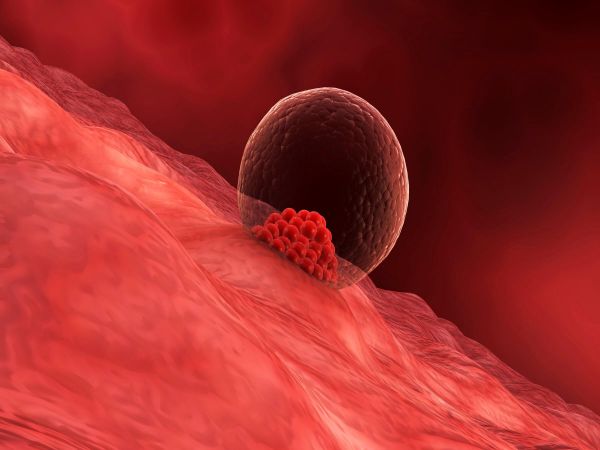
Τα σημερινά επιστημονικά δεδομένα
Ο σημερινός τρόπος ζωής και η προχωρημένη ηλικία τεκνοποίησης φέρνουν συχνά τα ζευγάρια αντιμέτωπα με προβλήματα υπογονιμότητας. Το ποσοστό υπογονιμότητας στο γενικό πληθυσμό είναι περίπου 15%, ενώ σε γυναίκες ηλικίας άνω των 40 ετών ξεπερνάει το 85%. Πολύτιμη βοήθεια στα ζευγάρια αυτά προσφέρουν οι θεραπείες υποβοηθούμενης αναπαραγωγής, οι οποίες υπολογίζεται ότι πλέον συμβάλλουν στη γέννηση περισσότερων από 2.5% των παιδιών στην Ευρώπη, με ποσοστά επιτυχούς εμφύτευσης γονιμοποιημένων ωαρίων και επίτευξης κλινικής εγκυμοσύνης μόλις 26-30%. Τα ποσοστά αυτά μειώνονται σημαντικά με την ηλικία. Η υποδεκτικότητα του ενδομητρίου αποτελεί σημαντική παράμετρο επιτυχούς εμφύτευσης του γονιμοποιημένου ωαρίου. Οι σημερινοί δείκτες αξιολόγησης της υποδεκτικότητας δεν είναι επαρκείς για την ακριβή πρόβλεψη της έκβασης της εμφύτευσης του εμβρύου.

Τελευταίες εξελίξεις στο πεδίο της υποβοηθούμενης αναπαραγωγής
Πρόσφατα ανακαλύφθηκε η παρουσία μικροβιακής κοινότητας στο ενδομήτριο, η οποία συμβάλει στη φυσιολογική λειτουργία του, και σχετίζεται με την επιτυχία των εμφυτεύσεων. Παράλληλα, πολλές μελέτες αρχίζουν να αναδεικνύουν τη σημαντικότητα της σχέσης του ανθρώπινου μικροβιώματος με τα φυσικά αντισώματα του σώματος. Κατά συνέπεια, η μελέτη του μικροβιώματος και των φυσικών αντισωμάτων του ενδομητρίου, μπορούν να δώσουν πολύτιμες εξατομικευμένες πληροφορίες για τη υποδεκτικότητα της εμφύτευσης στο ενδομήτριο κάθε γυναίκας, χρήσιμες για την πιθανότητα επιτυχίας ενός κύκλου εξωσωματικής γονιμοποίησης. Μακροπρόθεσμα, οι πληροφορίες αυτές θα μπορούσαν να επιτρέψουν τη βελτίωση της υποδεκτικότητας του ενδομητρίου με κατάλληλα επιλεγμένες διατροφικές ή/και θεραπευτικές παρεμβάσεις, αυξάνοντας σημαντικά τα ποσοστά επιτυχίας στο χώρο της υποβοηθούμενης αναπαραγωγής.
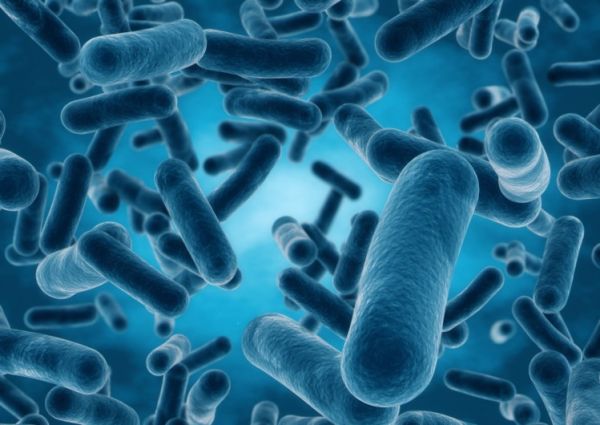
Στόχος του Ερευνητικού Προγράμματος Mi-IVF
Το πρόγραμμα Mi-IVF εστιάζει στην ανακάλυψη βιοδεικτών μέσα από τη μελέτη του μικροβιώματος και των φυσικών αντισωμάτων, οι οποίοι θα αξιοποιηθούν για την ανάπτυξη και εμπορική αξιοποίηση προγνωστικών προϊόντων και υπηρεσιών. Το νέο προγνωστικό τεστ που θα αναπτυχθεί θα έχει άμεσο αντίκτυπο στην ενίσχυση της ποιότητας των υπηρεσιών εξωσωματικής γονιμοποίησης σε εθνικό και διεθνές επίπεδο.
Εμπλεκόμενοι Φορείς
Το πρόγραμμα Mi-IVF υλοποιείται από ομάδα επιστημόνων της μονάδας μας, με συντονιστή τον Υπεύθυνο του Εμβρυολογικού Εργαστηρίου Μιχάλη Πελεκάνο, σε συνεργασία με την ομάδα της Εταιρείας Κυτταρικών και Μοριακών Ανοσολογικών Εφαρμογών «CeMIA».
Χρηματοδότηση
Χρηματοδότηση
Το Ερευνητικό Πρόγραμμα Mi-IVF υλοποιείται με χρηματοδότηση από την Ενιαία Δράση Κρατικών Ενισχύσεων Έρευνας, Τεχνολογικής Ανάπτυξης & Καινοτομίας «ΕΡΕΥΝΩ – ΔΗΜΙΟΥΡΓΩ – ΚΑΙΝΟΤΟΜΩ» του Ε.Π. «Ανταγωνιστικότητα, Επιχειρηματικότητα και Καινοτομία (ΕΠΑνΕΚ)», ΕΣΠΑ 2014 – 2020.
Χρήσιμοι Σύνδεσμοι για το Ανθρώπινο Μικροβίωμα
Χρήσιμοι Σύνδεσμοι για το Ανθρώπινο Μικροβίωμα
- The International Human Microbiome Consortium - http://www.human-microbiome.org/
- The Human Microbiome Project - https://hmpdacc.org/
- The Canadian Microbiome Project - https://cihr-irsc.gc.ca/e/39951.html
- The Michigan Microbiome Project - https://microbe.med.umich.edu/
- Microbiology Society - https://microbiologysociety.org/our-work/the-microbiome.html
- Genetics Science Learning Center - https://learn.genetics.utah.edu/content/microbiome/
- Scientific American - https://www.scientificamerican.com/article/microbiome-graphic-explore-human-microbiome/

RESEARCH PROGRAM
“Development and commercial application of a novel micro-genetic test in in vitro fertilization (Mi-IVF)”
The AKESO Center is a pioneer in research and development of new advanced methodologies and their application to the clinical practice, so as to ensure the best possible outcome for every couple. The Research Program Mi-IVF was selected as one of the best in Greece, following evaluation from a panel of Experts at the Greek General Secretariat for Research and Technology. This program will enable the AKESO Center to develop a new, valuable tool for the improvement of the endometrial receptivity during in vitro fertilization procedures, and therefore set the foundations for even greater success rates.
Today’s facts in IVF
Today’s facts in IVF
Today’s lifestyle and the advanced average age of reproduction, often lead to fertility challenges. The frequency of reduced fertility in the general population is approximately 15%, while in women aged over 40 years it exceeds 85%. IVF treatments offer valuable help to those couples, and they are estimated to contribute to the birth of over 2.5% of children in Europe. The success rates for implantation of fertilized eggs and achievement of clinical pregnancy however, is only 26-30%, and these percentages drop significantly with advanced age. The reduced receptivity of the endometrium represents the most important parameter for the successful implantation of the fertilized egg. Today’s markers for evaluating receptivity are sub-optimal, and therefore hinder the highly accurate prediction of the embryo implantation outcome.
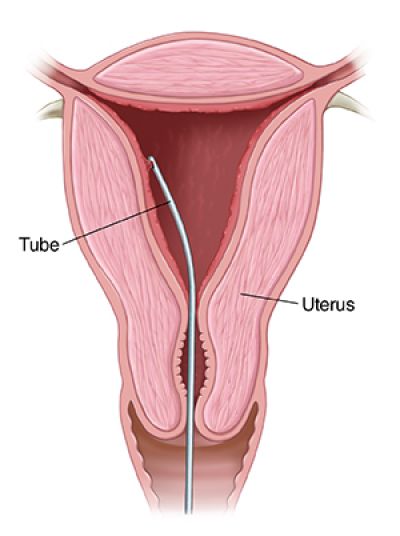
Latest developments in the field of IVF
Recent studies have demonstrated that the endometrium has a resident microbiota that contributes to its physiological function, and can be associated with implantation success of IVF treatments. In addition, a multitude of studies are beginning to show the important relationship between the human microbiome and natural antibodies. As a consequence, the investigation of the endometrial microbiome and the natural antibodies in women undergoing IVF treatments, could unveil valuable personalized information on the receptivity of the endometrium of each woman, useful for the prediction of the success of an IVF cycle. In the long run, this information could enable the timely intervention that would improve endometrial receptivity using appropriately selected dietary and/or treatment interventions, ultimately leading to significantly higher success rates in the field of assisted reproduction.
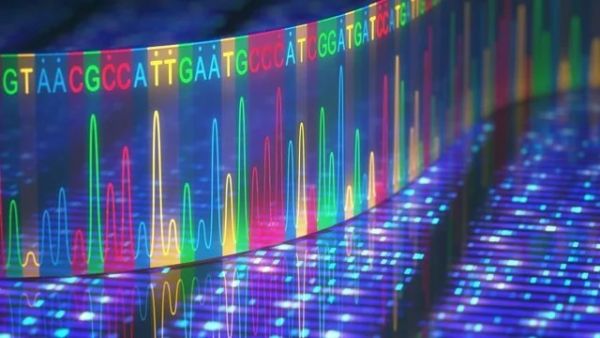
Aims of the Research Program Mi-IVF
The Research Program Mi-IVF pursues the study of the human microbiome and natural antibodies, with the ultimate goal of discovering a suitable set of biomarkers to enable the development of improved prognostic products and services. This new prognostic test is anticipated to have a direct impact on the further enhancement of our IVF services at a national and international level.

Mi-IVF Program Partners
The Research Program Mi-IVF is implemented by a multi-specialists’ research team comprising of scientists from the AKESO Center and the “Cellular and molecular immunological applications” (CeMIA SA) company, under the co-ordination of the Director of the AKESO Embriology Lab Michael Pelekanos.
Funding Source
The Research Program Mi-IVF is funded by the Regional Operational Programs of the Partnership and Cooperation Agreement, Operational Program “Competitiveness, Entrepreneurship & Innovation” (EPAnEK), ESPA 2014-2020.
Useful links on the Human Microbiome
The International Human Microbiome Consortium - http://www.human-microbiome.org/
The Human Microbiome Project - https://hmpdacc.org/
The Canadian Microbiome Project - https://cihr-irsc.gc.ca/e/39951.html
The Michigan Microbiome Project - https://microbe.med.umich.edu/
Microbiology Society - https://microbiologysociety.org/our-work/the-microbiome.html
Genetics Science Learning Center - https://learn.genetics.utah.edu/content/microbiome/
Scientific American - https://www.scientificamerican.com/article/microbiome-graphic-explore-human-microbiome/
Ακεσώ Έμβρυο a.r.t.
Ωράριο Λειτουργίας
Σαβ 08:00 - 14:00
